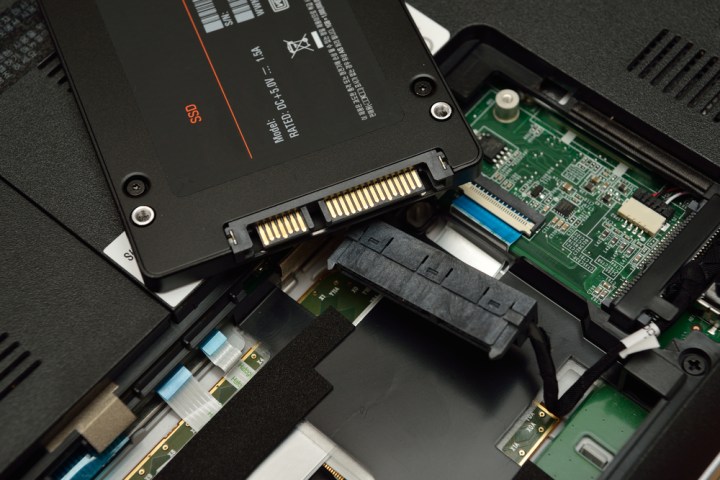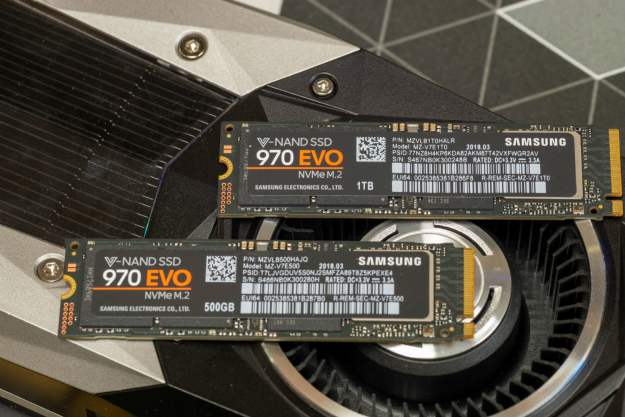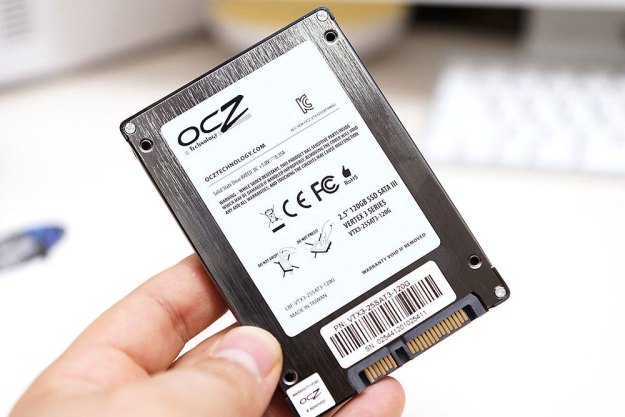
To reach an answer more quick The Tech Report rounded up a number of SSDs and subjected them to continual write cycles, with the goal of killing each drive as quickly as possible. There was some expectation, given the manufacturer quoted durability of the drives, that the first could go belly-up in months.
That’s not what happened. The least durable drive, a Samsung 840, started registering errors at about 200TB of written data, but it hung on until the 900TB mark. The most durable drive was a Samsung 840 Pro, which managed over 2.4 petabytes of writes, or 18 months of continual, absolutely constant use.
All of the drives far exceeded the needs of an average home user. The weakest drive, the Samsung 840, was a 250GB drive, so the data written to it during the test was over 30 times more than the drive can handle at any one time. Obviously most users, even those in heavy-use enterprise environments, don’t fill a drive to its capacity, empty it, and then re-fill it time and time and time again.
The results of the experiment are pretty clear; solid-state drives are durable enough. Even affordable models can handle many years, and possibly decades, of use in a home desktop without running into errors related to wear on an SSD’s flash storage. In all likelihood a drive will succumb to some other problem, or simply be tossed as obsolete, before the flash chips inside go south. We’ve long recommended SSDs as an upgrade for users still stuck with a mechanical disk, and these results only bolster that argument.
Editors' Recommendations
- Get ready — SSD prices are about to skyrocket
- A huge 16TB SSD is coming soon, but there’s a catch
- This Windows 11 update could seriously boost your SSD
- A fix for slow NVMe SSD speeds in Windows 11 is out — here’s how to get it
- Claiming to be the world’s fastest, this SSD just raised over $1.2 million


